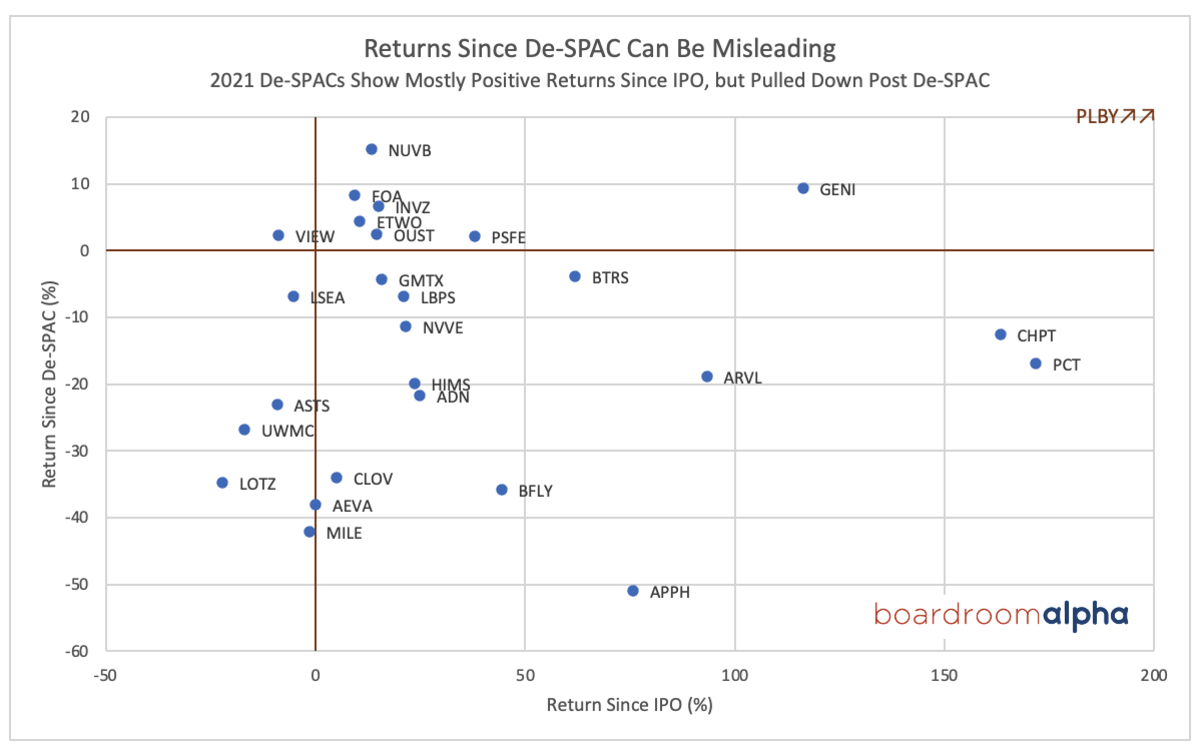

The transaction closed in December 2018, it is safe to say the business investment has not performed as hoped. Without a merger, Landcadia, Fertitta, and Handler would have to return the $250 million capital raised, and the underwriter, Jefferies, would have to forfeit over $10 million in underwriter fees.

In fact, Landcadia shareholder approval was required to extend the deadline from Jto December 14, 2018. With two weeks left before the SPAC was to expire on May 16, 2018, Landcadia announced a deal with. to find a suitable acquisition within 24 months. In 2016, Tilman Fertitta and Richard Handler (owner of the Houston Rockets and Chairman and CEO of Jefferies, respectively) formed a SPAC named Landcadia Holdings, Inc. And, in the Waitr case the defendants have teed up and fully briefed a motion to dismiss the plaintiffs’ claims that may serve as a template for claims that could arise from the coming de-SPAC transactions for SPACs that went public and raised capital in 20. Because the SPAC involved came to market in 2016 and then closed the de-SPAC transaction in 2018, the timeline for the business and litigation issues presented by the de-SPAC are now being litigated. Perhaps a preview of SPAC litigation to come, a case currently pending in Louisiana federal court involving, Waitr Holdings, Inc., and the de-SPAC transaction that took Waitr public presents numerous of the potential litigation issues from SPACs and de-SPAC transactions (the “Waitr” case). Goodwin has previously outlined potential strategies to minimize SPAC litigation and broader market issues. Indeed there are already signs that the SPAC market is becoming more competitive and presenting additional issues arising from potential dilution and market pressures. And, where there are business combinations, litigation is sure to follow. Thus, de-SPAC transactions should dramatically increase over the next two years. Those SPACs (and their sponsors) are now looking for transactions and combinations, and the structure of a SPAC provides a finite timeline for investment. The first two months of 2021 have increased the already explosive growth, with 232 SPAC IPOs this year, which have raised $74.6 billion in proceeds. In 2020, there were 248 SPAC IPOs that raised total gross proceeds of over $83 billion, and 66 de-SPAC transactions. See Client Alert Limiting SPAC-Related Litigation Risk: Disclosure And Process Considerations (). As Goodwin has previously reported, 20 have seen exponential growth in initial public offerings for Special Purpose Acquisition Companies (“SPACs”), and now those SPACs are looking to deploy that capital in various business combinations (so called “de-SPAC transactions”).


 0 kommentar(er)
0 kommentar(er)
